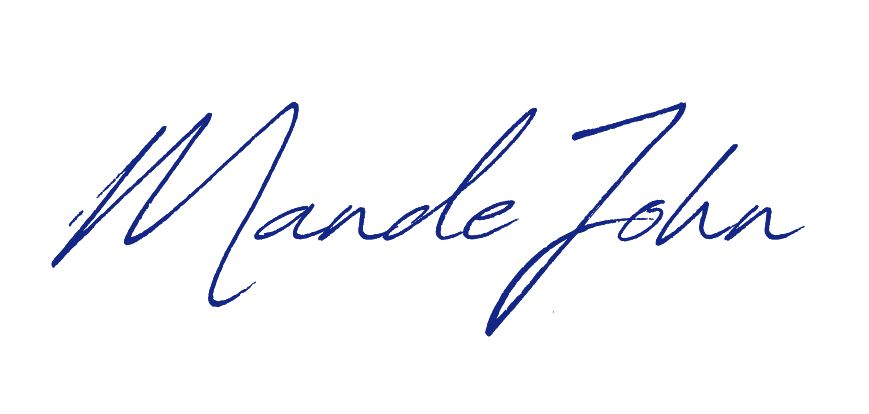What’s that thing you know you’re capable of doing, but just… aren’t?
The book you haven’t written. The business you haven’t started. The podcast idea collecting dust. The creative project perpetually on hold.
If you’re nodding your head, you’re not alone. As a coach for ADHD professionals and entrepreneurs, I see this pattern constantly: brilliant, multi-passionate individuals with extraordinary ideas who simply can’t seem to move from conceptualization to creation.
Today, I want to challenge you – and myself – to stop stalling and start acting on the potential you know you possess.
The Hidden Reasons We Leave Potential Untapped
Before we dive into solutions, let’s acknowledge why this happens so frequently, especially for those with ADHD:
1. Fear of Judgment
Let’s get real: the prospect of being judged is terrifying. We imagine the worst-case scenarios – criticism, rejection, or even outright ridicule.
But here’s a perspective shift that helped me: you’re already being judged every day. Some people won’t like your face, your voice, your style – for reasons that have nothing to do with you. These aren’t your people.
Meanwhile, your actual people – those who will resonate with your unique contribution – are waiting for you to show up.
I smile when I get negative comments on my content (which isn’t often). As my mentor says, “When you start getting haters, you’re making it.” It means enough people are paying attention that the odds of encountering criticism have naturally increased.
2. Disorganization and Overwhelm
For the ADHD brain, disorganization isn’t just a minor inconvenience – it’s a significant barrier to creation:
- Time management challenges make it difficult to find consistent space for creative work
- Existing overwhelm makes additional projects feel impossible
- Executive function challenges complicate the planning process
- Decision fatigue leads to perpetual question loops without resolution
3. Fear of the Unknown
I sat on my podcast idea for over two years before taking action. Why? Beyond the reasons above, there was the simple fear of the unknown:
- I’d never done it before
- I didn’t know how to start
- I worried about the time commitment
- I questioned if anyone would listen
The problem was that I asked these questions without answering them. When you do this, you get stuck in a confusion loop that prevents forward movement.
The Cost of Waiting
Time passes regardless of whether we act. This isn’t meant to induce anxiety, but rather to prompt reflection.
Think about that last great thing you finally did after sitting on it for years. What would have been possible if you’d started sooner?
5 Practical Steps to Move from Idea to Action
If you’re ready to stop stalling and start moving, here’s a simple framework that works particularly well for the ADHD brain:
1. Decide the First Steps (15-30 minutes max)
Don’t try to map the entire journey. Just identify the first 2-3 actionable steps to get started.
This isn’t about creating the perfect plan – it’s about generating enough clarity to begin. The complete roadmap will reveal itself as you progress.
Action prompt: Set a timer for 15 minutes and write down the first three steps you would need to take to get your project moving.
2. Make Doable Daily or Weekly Commitments
The scale of your commitment matters less than its consistency. Even small progress compounds dramatically over time.
For my podcast, I initially committed to just 30 minutes of planning time each week. That modest commitment eventually led to a successful launch and ongoing production.
Action prompt: What’s a commitment so small you know you could maintain it even during a difficult week?
3. Do It Scared
Waiting until you feel ready is a recipe for eternal postponement. The truth is, if you’re doing something meaningful that stretches you, discomfort is inevitable.
The solution isn’t to eliminate the fear – it’s to take your fear with you and act anyway. Every successful creator I know still experiences fear regularly; they’ve simply learned to create alongside it rather than waiting for it to disappear.
Action prompt: What’s one small action you could take today, even with the fear present?
4. Track Your Behavior
What gets measured gets managed. Create a simple system to track whether you’re keeping your commitments.
This could be:
- A calendar with X marks for completed commitment days
- A simple list with checkboxes
- A habit tracking app
- A sticky note system
When you notice you’re not keeping commitments, get curious rather than judgmental. What’s actually getting in the way? This information is valuable for revising your approach.
Action prompt: How will you track your progress? Create or set up your tracking system today.
5. Review, Revise, and Recommit Weekly
Your journey won’t be perfect, and that’s okay. What matters is your ability to adjust and keep moving forward:
- Review your tracked behavior and progress weekly
- Revise your approach based on what you’re learning
- Recommit to your project with appropriate adjustments
The weekly cadence is important – it’s much easier to get back on track after a week off than after a month of drift.
Action prompt: Set a recurring 15-minute appointment with yourself for weekly review.
Getting the Support You Need
In the book Big Potential, Shawn Achor makes a compelling case that asking for help dramatically increases your odds of success. This sounds obvious, but how often do we actually do it?
For my podcast, the breakthrough came when I hired a coach who produced the podcast for me. The value wasn’t just in the technical assistance – it was having someone on the other side waiting for me to do my part.
Support might look like:
- Taking a class or workshop
- Reading a book on your subject
- Talking to someone who has done what you want to do
- Finding an accountability partner
- Co-working with someone (even virtually)
- Hiring a coach or consultant
Remember Why It Matters
If you struggle with doing things for yourself, remember this: people are waiting for you. They’re waiting for:
- The help your knowledge could provide
- The inspiration your story might spark
- The perspective shift your art could create
- The problem your product could solve
Your contribution matters, not just for your personal fulfillment (though that’s important too), but for the ripple effect it will create in others’ lives.
Your Turn
I wrote this article because it’s a message I felt compelled to share. I literally stopped what I was doing during a vacation to get these thoughts down because I believe so strongly in the potential we all carry.
Now I want to hear from you: What’s that thing inside you that needs to be out in the world? What’s your untapped potential? What will you commit to starting today?
Share in the comments below, or reach out on social media. I genuinely want to hear what magic you’re going to make happen.
Need support in moving from idea to action? My coaching programs help ADHD professionals and entrepreneurs create systems for consistent progress on their most important work. Learn more here.
#CreativeProgress #ADHDPotential #TakeAction #Entrepreneurship #CreatorMindset



